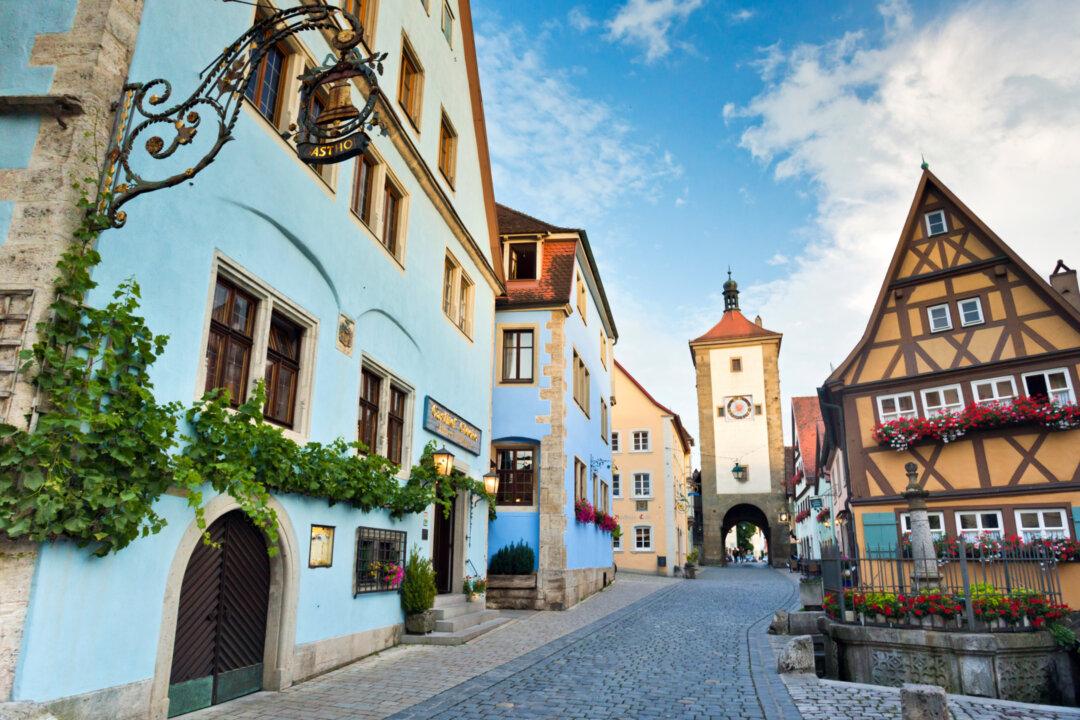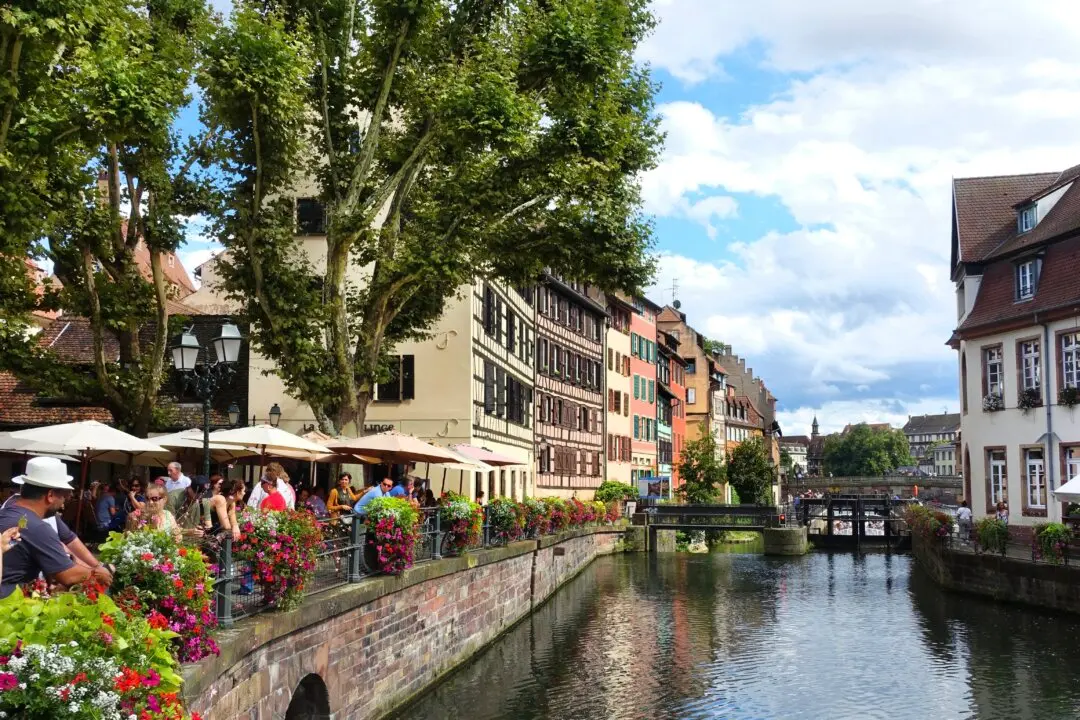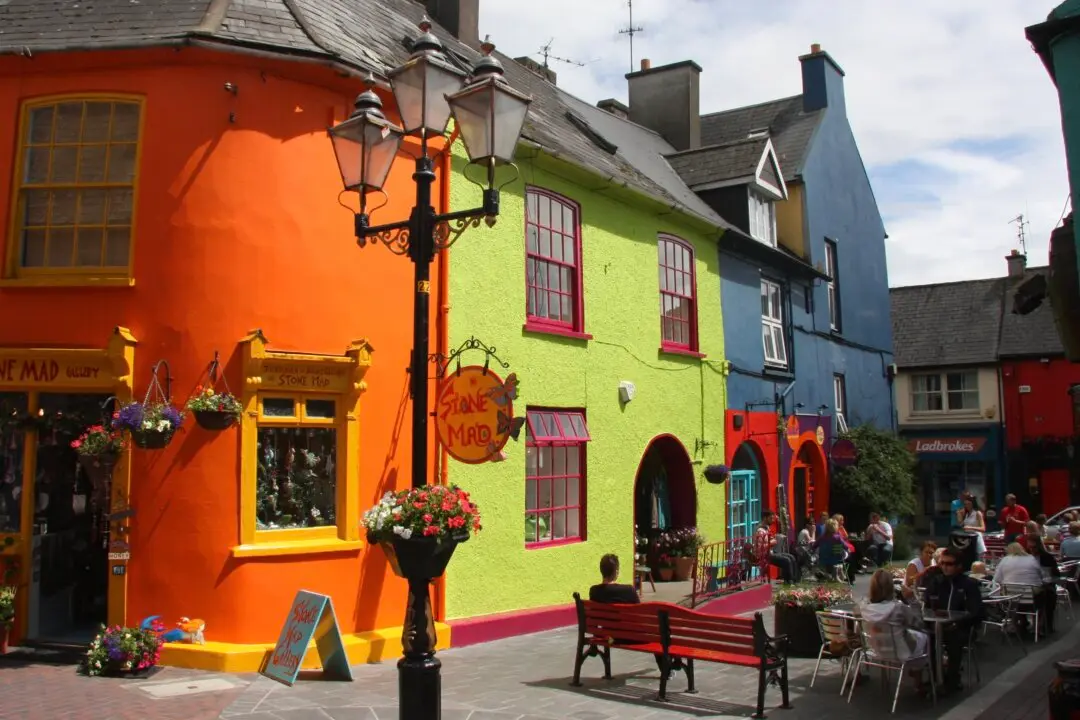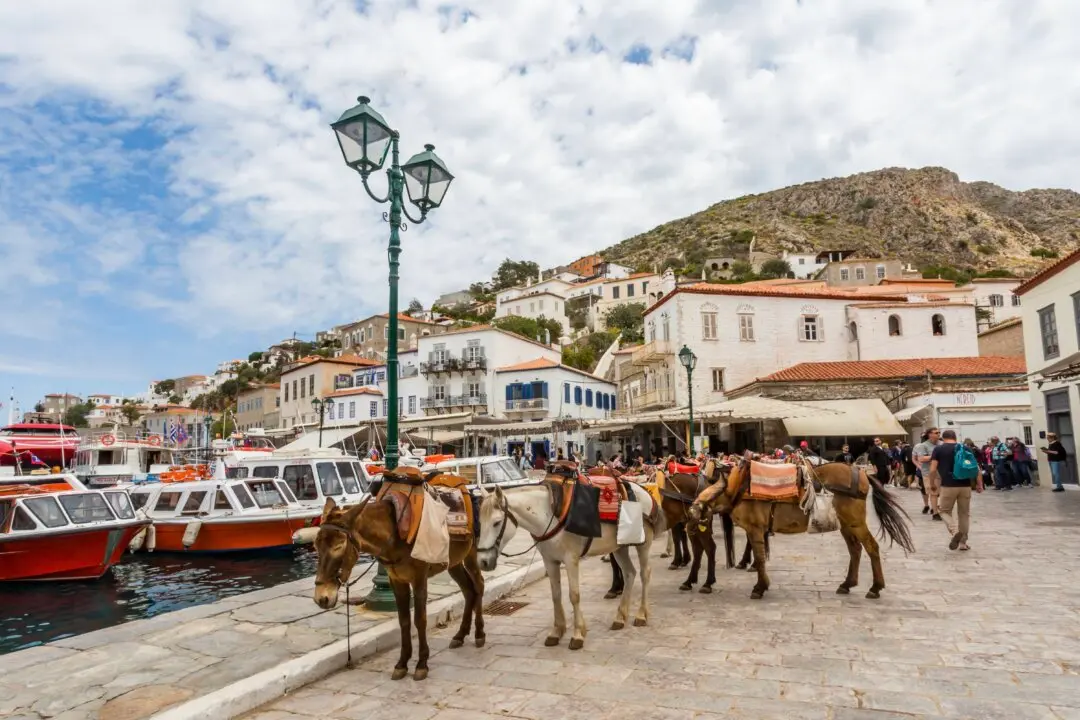Many consider Germany’s Rothenburg ob der Tauber to be the best-preserved medieval town in Europe … and many also consider it a horrible tourist trap. It’s true that everyone in the town makes their living from tourism, and the storybook streets are indeed stampeded midday with visiting tour groups. The town even created its own “traditional” pastry—the Schneeball (or snowball) to complement all the faux traditional Christmas ornaments it sells.
Yet when I pass through its medieval gates, I feel like a kid who just got a three-day pass for all the rides at Disneyland. I love Rothenburg but I’ve long wondered why, exactly.





